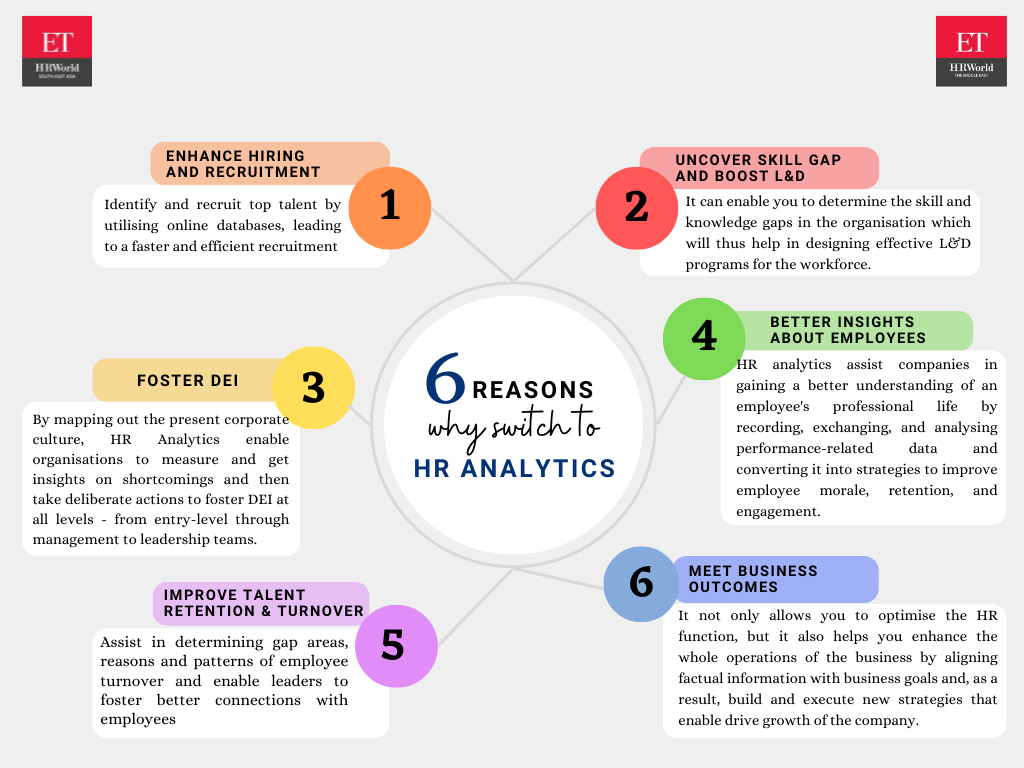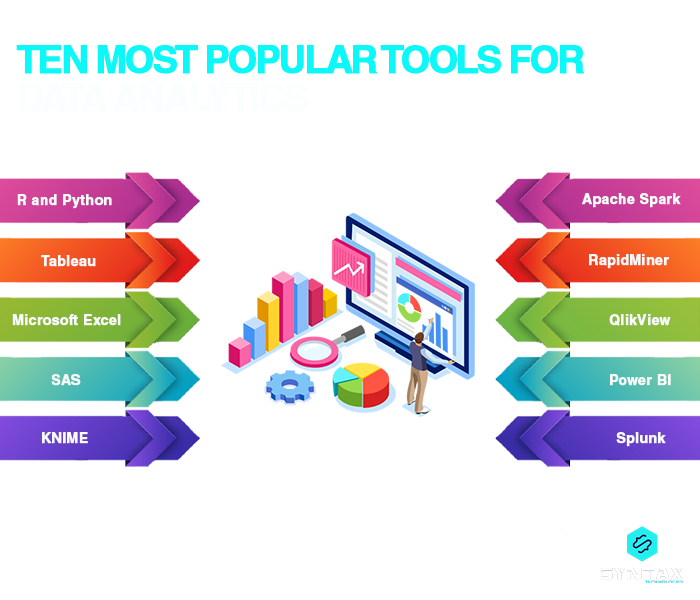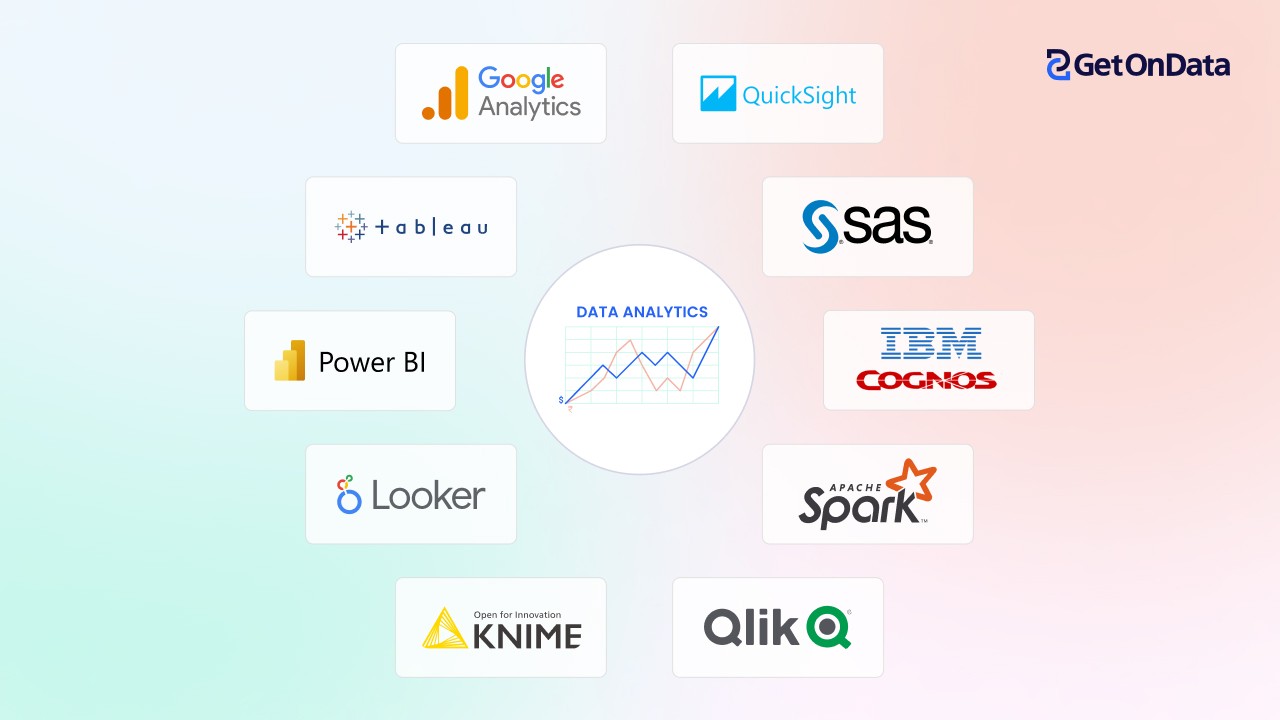Just How to Improve Performance with Comprehensive Analytics
Just How to Improve Performance with Comprehensive Analytics
Blog Article
Optimize Growth: Just How Analytics Drive Better Methods
By taking advantage of data understandings, organizations can improve their operational methods, expect market adjustments, and boost client engagement. The difficulty exists not only in accumulating information yet in efficiently translating it to drive concrete end results.
Recognizing Information Analytics
Data analytics is an organized computational analysis of information that makes it possible for companies to uncover purposeful patterns and insights. This process incorporates a variety of methods, consisting of statistical analysis, predictive modeling, and data mining, which collectively intend to change raw information right into workable information - Analytics. By utilizing these approaches, companies can make informed decisions that are rooted in empirical proof as opposed to instinct alone
The structure of information analytics lies in its capability to manage huge quantities of information from diverse resources. This consists of structured data, such as databases, and unstructured information, consisting of social media sites interactions and client responses. With using specialized software program and devices, experts can remove and refine this information effectively, determining trends and relationships that might not be quickly obvious.
Recognizing information analytics additionally involves acknowledging the relevance of information quality and stability. Dependable and exact data is crucial for meaningful evaluation; thus, organizations need to apply robust information administration techniques. The iterative nature of analytics permits for constant improvement and enhancement of techniques, making certain that organizations continue to be agile in the face of altering market dynamics and customer behavior.
Secret Benefits of Analytics

Among the key benefits of analytics is its capability to supply actionable understandings. Organizations can promptly examine vast amounts of information, uncovering patterns that may not be quickly noticeable. This aids in anticipating market shifts and adapting strategies accordingly. Additionally, analytics cultivates a culture of evidence-based decision-making, reducing dependence on intuition and guesswork.
One more substantial advantage is improved consumer understanding. Analytics devices enable companies to sector their audience, track consumer behavior, and individualize marketing initiatives. This targeted strategy not only improves consumer engagement but also drives greater conversion prices.

Implementing Analytics Approaches
To completely understand the advantages of analytics, companies should adopt organized strategies for application. This starts with clearly specifying purposes that align with more comprehensive company objectives. By developing particular, quantifiable end results, organizations can focus their analytics initiatives on locations that yield the greatest roi.
Next, organizations need to prioritize data administration to make certain the honesty and security of the data being analyzed. This entails establishing protocols for data collection, storage space, and accessibility while sticking to relevant policies. Making sure premium go to this web-site information is crucial for producing significant understandings.
Moreover, cultivating a culture of data-driven decision-making is vital. This calls for training staff members to analyze analytics searchings for and motivating collaboration across departments. They are more likely to incorporate understandings right into their day-to-day procedures. when groups comprehend the value of analytics.
Finally, organizations ought to on a regular basis assess and improve their analytics approaches. The landscape of information and modern technology is consistently advancing, and remaining Get the facts versatile will allow organizations to leverage new devices and techniques properly. By applying these organized methods, organizations can optimize the effect of their analytics initiatives and drive sustainable development.
Devices for Efficient Analysis
Reliable evaluation depends on a range of tools that facilitate the removal of insights from information - Analytics. These devices can range from simple spread sheet applications to advanced device learning systems, each serving an unique objective in the analytical process
Information visualization software application, such as Tableau and Power BI, plays a crucial function in changing complex datasets right into understandable graphical depictions. These tools allow experts to determine patterns and fads swiftly, allowing for more educated decision-making.
Analytical evaluation software, like R and SAS, uses advanced capabilities for carrying out in-depth analyses, including regression, theory testing, and predictive modeling - Analytics. These functions encourage organizations to draw significant verdicts from their data, identifying prospective chances and threats
Furthermore, database monitoring systems such as SQL and NoSQL data sources offer the needed framework for storing and inquiring huge quantities of information efficiently. They ensure that data is organized and easily accessible for evaluation.
Last but not least, business intelligence platforms integrate different information sources, offering a detailed sight of business efficiency. By utilizing these tools successfully, services can boost their logical capacities, enabling them to create strategies that maximize growth and improve general efficiency.
Instance Studies of Success
Effective organizations frequently utilize information analytics to drive impactful strategies, as shown by a number of notable situation studies. By using these insights, Netflix has actually successfully customized its content suggestions, resulting in increased customer engagement and client retention.

In addition, Starbucks uses data analytics to figure out optimum shop locations and fine-tune its item offerings. By examining client demographics and buying patterns, Starbucks efficiently identifies high-potential markets and tailors its menu to regional preferences, driving sales and client commitment.
These instance studies illustrate that effective usage of data analytics can cause critical benefits, cultivating innovation and growth within organizations across various industries.
Conclusion
In verdict, the assimilation of analytics right into organizational strategies significantly boosts decision-making processes and fosters lasting growth. The reliable application of analytics tools better supports agility and technology, allowing organizations to browse competitive landscapes with higher precision.
Information analytics is a systematic computational evaluation of data that makes it possible for organizations to reveal significant patterns and understandings.Comprehending data analytics likewise involves acknowledging the importance of information quality and honesty. Accurate and reliable information is important for meaningful evaluation; hence, organizations have to execute durable data governance techniques.Next, organizations need to prioritize information administration to guarantee the honesty and safety and security of the data being examined.Successful companies frequently utilize data analytics to drive impactful methods, as shown by several remarkable instance studies.
Report this page